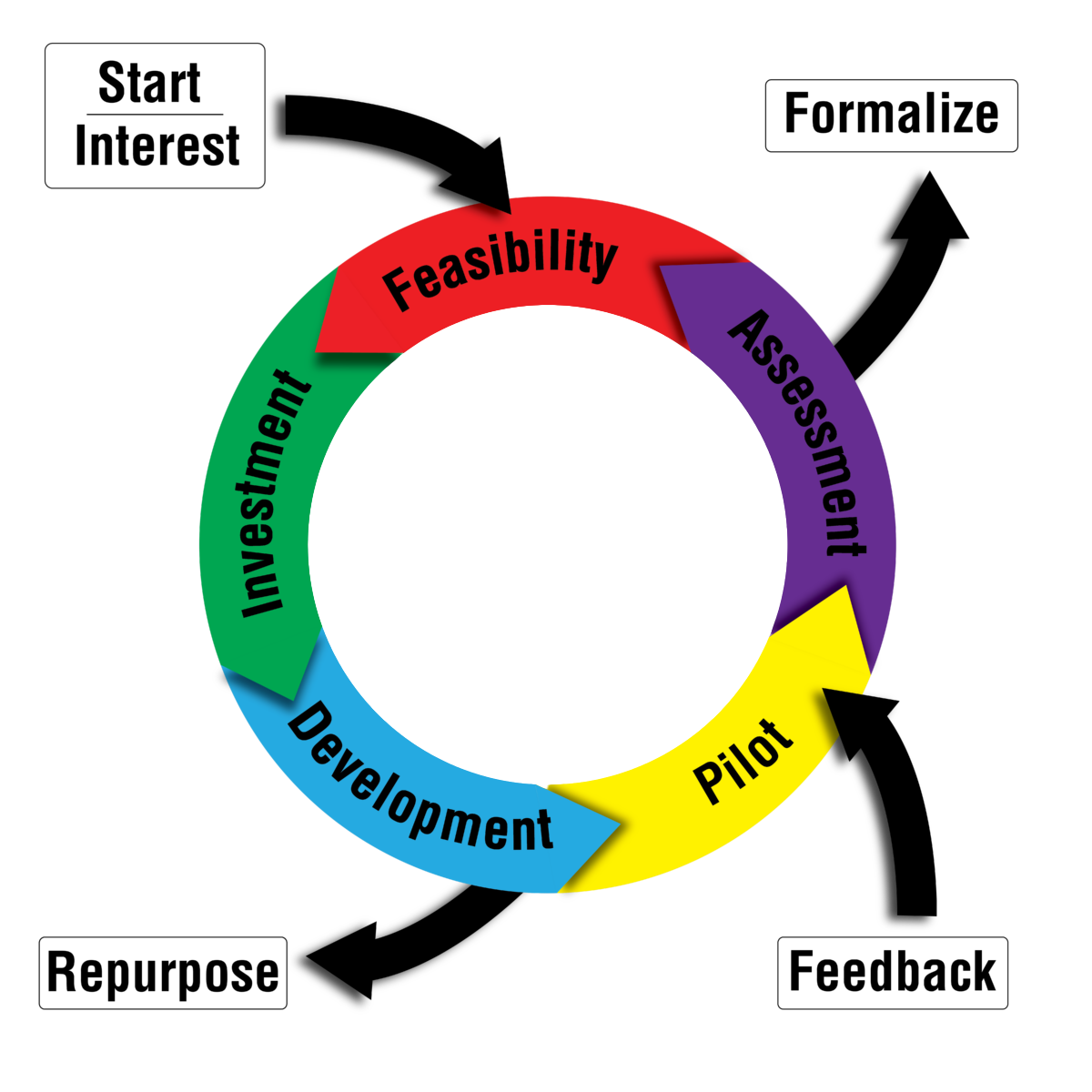The Fair Process
My post yesterday was brash and lacking in enough context to make up for it. Sometimes, when you have decided to make a point of publishing, the content that goes out lacks polish. I would like to say I hit the mark more often than not, but in hindsight, I feel like something was missing yesterday. In steps a reading about "The Fair Process", which encapsulated the missing ideas well.
Imagine you worked for months to craft a new policy and when you finally announce it, your staff applauds. Why are they so thrilled? Because they not only knew it was coming but also had a chance to shape its direction. Even those who were iffy about it nod with understanding when you explain why you made the decision.
To be honest, that intro makes me gag (I don't know that I have ever applauded in a staff meeting that wasn't about recognizing a person or team for their accomplishments and rolling out a new policy would take a special audience to gain applause), but it gets the point across. Here is a better statement to the point: "In a nutshell, the purpose of fair process is to create space for authentic, equitable, and inclusive engagement and build clarity about decisions, resulting in stronger relationships, smoother implementation, and better overall outcomes."
The Fair Process is based on four elements "Es": engagement, explanation, expectation clarity, and evaluation. I built something similar (and published it in a technology journal) about the innovation cycle as my team defined it back in 2017. We called it, "The College Library Pilot Process" and it consists of the following: Feasibility, Investment, Assessment, Development, and Pilot.

Only tangentially related to decision-making on a larger scale, the pilot process defined stages of a technology rollout and innovation cycle that allowed my team to iterate on technology that could provide for needs of patrons, staff, and faculty on campus. We allowed for various starting points, feedback gathering, and exit strategies.
My lack of nuance yesterday points to a forgotten past, where I did take into account the four elements of The Fair Process, albeit in a different context and slightly different cadence. All of us can find wisdom at times by looking back, so that we can notice blind spots in our current narrative and move forward.